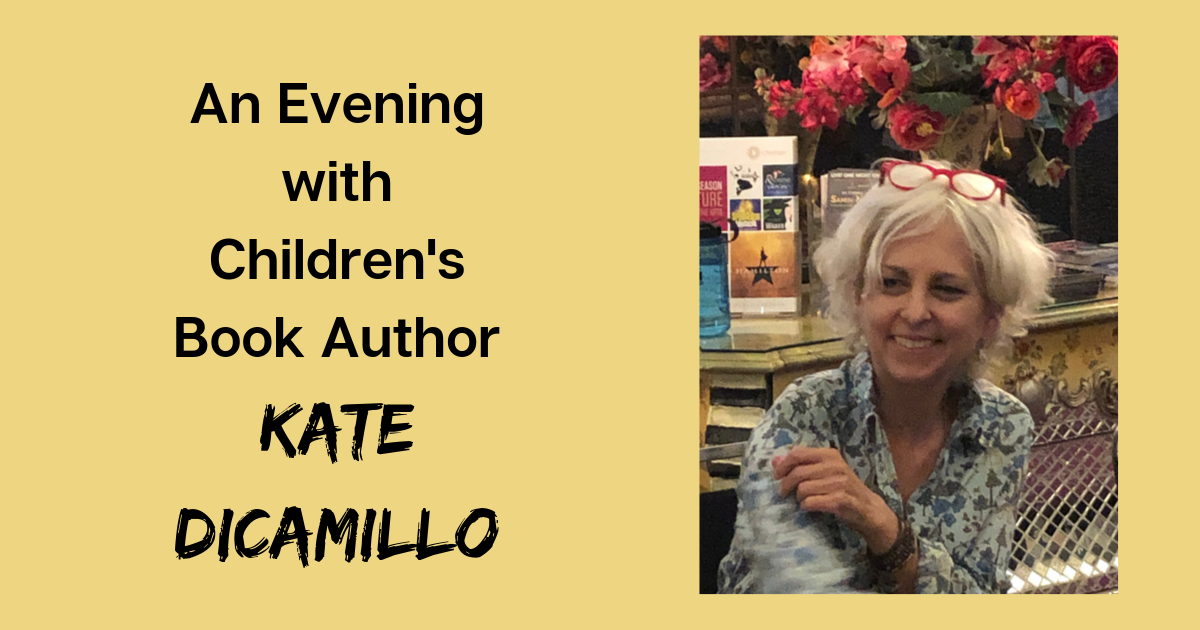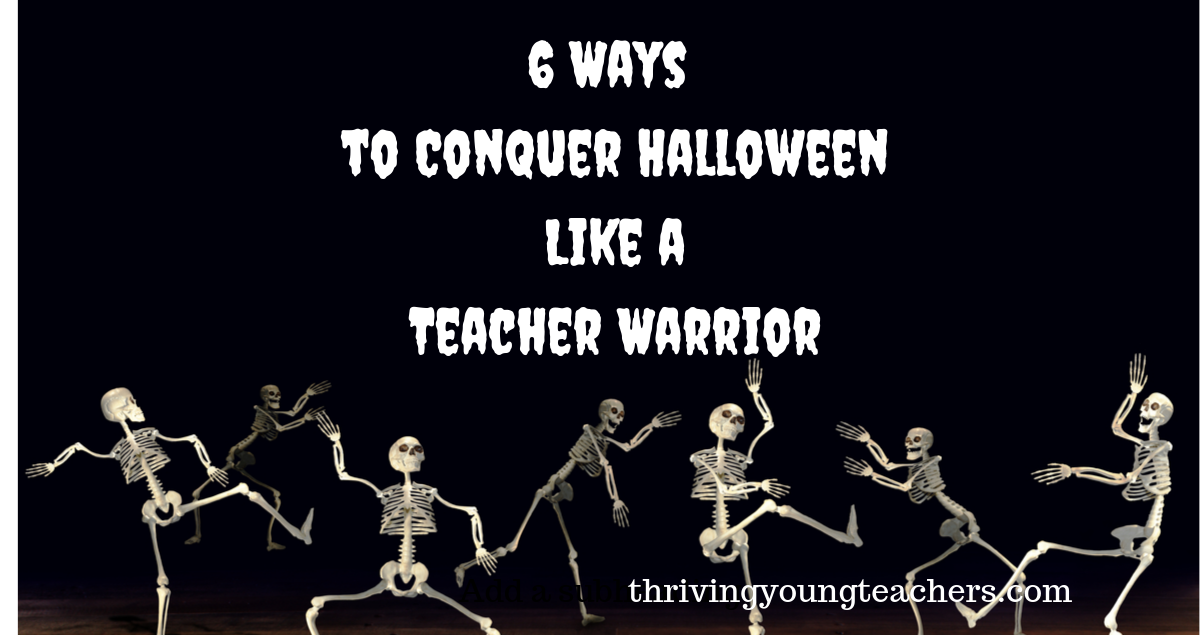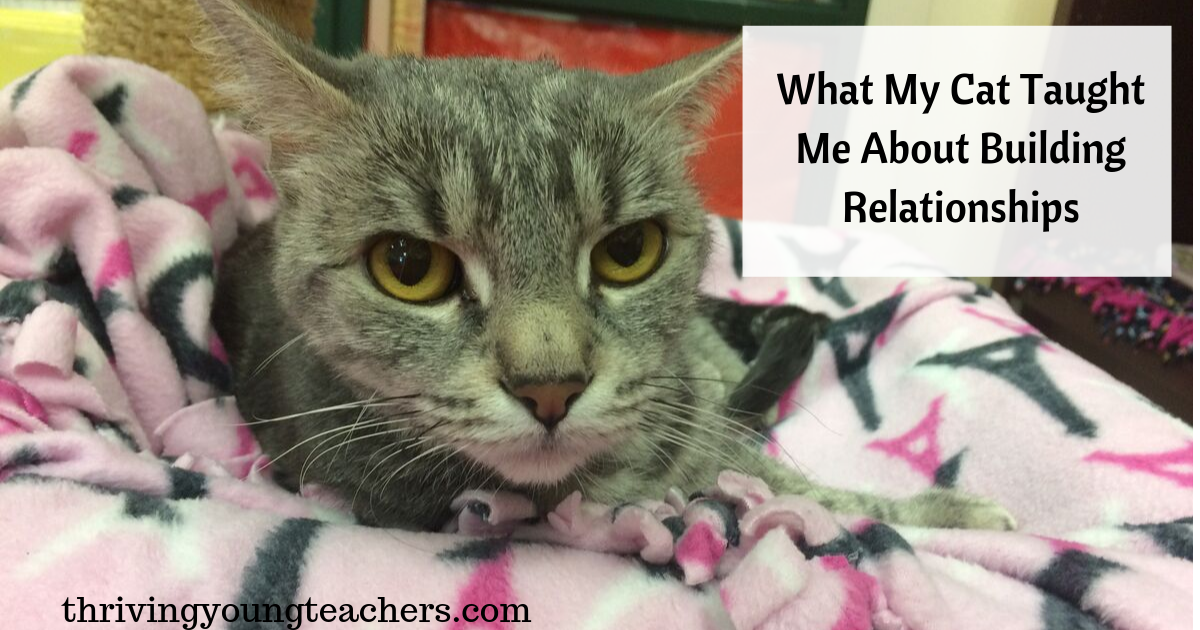 Virtual teaching is new to many teachers. At this moment, teachers everywhere are scrambling to figure out how to set up instruction on-line. With little warning, and not much planning time, teachers are being asked to put instruction on line for several weeks to a month.
Virtual teaching is new to many teachers. At this moment, teachers everywhere are scrambling to figure out how to set up instruction on-line. With little warning, and not much planning time, teachers are being asked to put instruction on line for several weeks to a month.
This morning, one of our Teacher Warriors, Carley Strid, who teaches at a virtual academy, offered help to those who might be less familiar with teaching via distance.
We reached out to her and she graciously agreed to write out a few tips based on her experience with virtual teaching.
Here is Carley’s insight for teaching your students on-line:
My school uses Zoom for live lessons, and Florida Virtual for our curriculum. I teach K-3, so parents are very helpful to getting everything set up initially, but my students are very quick to pick things up!
Some hints and tips I would suggest:
1. Be prepared to get creative. Not all families have reliable wi-fi, or a printer, or a scanner, or a knowledge of google docs, or a webcam, etc. work together with them to find solutions that work for them!
2. Don’t let perfect get in the way of good.
3. Be honest with families about how experienced and comfortable you are with virtual teaching! They’ll be comforted by both your expertise AND your admittance that this is new for you too, and that you are all learning this together.
4. Parents need to keep an eye on their children’s screens. Kids are really good about finding their way into YouTube.
5. If doing live-lessons, set up firm expectations from the very beginning and hold to them. The first lesson will probably be just that. Things like background noise, distractions, not pointing the camera up their nose the whole time, eating, getting up and leaving randomly, all need to be addressed.
6. I always save the last 5-10 minutes of a live lesson for share time. It’s usually pets or cool toys. Kids are eager to share their home life with you, and it gives them something to stick out the lesson for.
7. Brain brakes!! I usually play a GoNoodle or make them do Simon Says or something at the beginning of a lesson and if I notice them getting squirmy.
8. Setting up a good work space at home is huge. Stay away from distractions, keep good posture, keep good lighting, keep it tidy.
9. Work with and share with the other teachers are your school!! I have shared fun, silly kindergarten lessons with high school teachers! You’ll be amazed at what cool stuff your team has come up with!
10. Check in with students and parents often!! I do mandatory check ins with parents twice a week, but tell them to email me whenever they need me.
My big three questions are: “What is going well? What has been a struggle? What can I do to support you?”
We want to thank Carley for sharing her tips and ideas.
For more discussion of virtual teaching, head over to our free Facebook group Teacher Warriors.
Our best,
Paula and Michele
Carley Strid is a primary teacher and assessment coordinator at MetroEast Web Academy in Gresham, Oregon. She has taught in a virtual setting for two years, and previously taught in traditional classrooms for seven years.



 Kate DiCamillo is an award- winning author of more than 25 books for children. She has won the Newbery Medal twice, as well as the Boston Globe Horn Book Award, and the Geisel Award. She was appointed the National Ambassador for Young People’s Literature in 2014.
Kate DiCamillo is an award- winning author of more than 25 books for children. She has won the Newbery Medal twice, as well as the Boston Globe Horn Book Award, and the Geisel Award. She was appointed the National Ambassador for Young People’s Literature in 2014. It is that time of the year…Halloween! Students are excited, even hyperactive and the days leading to and just after Halloween can be challenging for teachers. Here are some ways to enjoy the holiday while remaining sane amidst the sugar rush.
It is that time of the year…Halloween! Students are excited, even hyperactive and the days leading to and just after Halloween can be challenging for teachers. Here are some ways to enjoy the holiday while remaining sane amidst the sugar rush. If you have been teaching for any amount of time, or have successfully navigated your own education, you understand the importance of building relationships with your students.
If you have been teaching for any amount of time, or have successfully navigated your own education, you understand the importance of building relationships with your students.